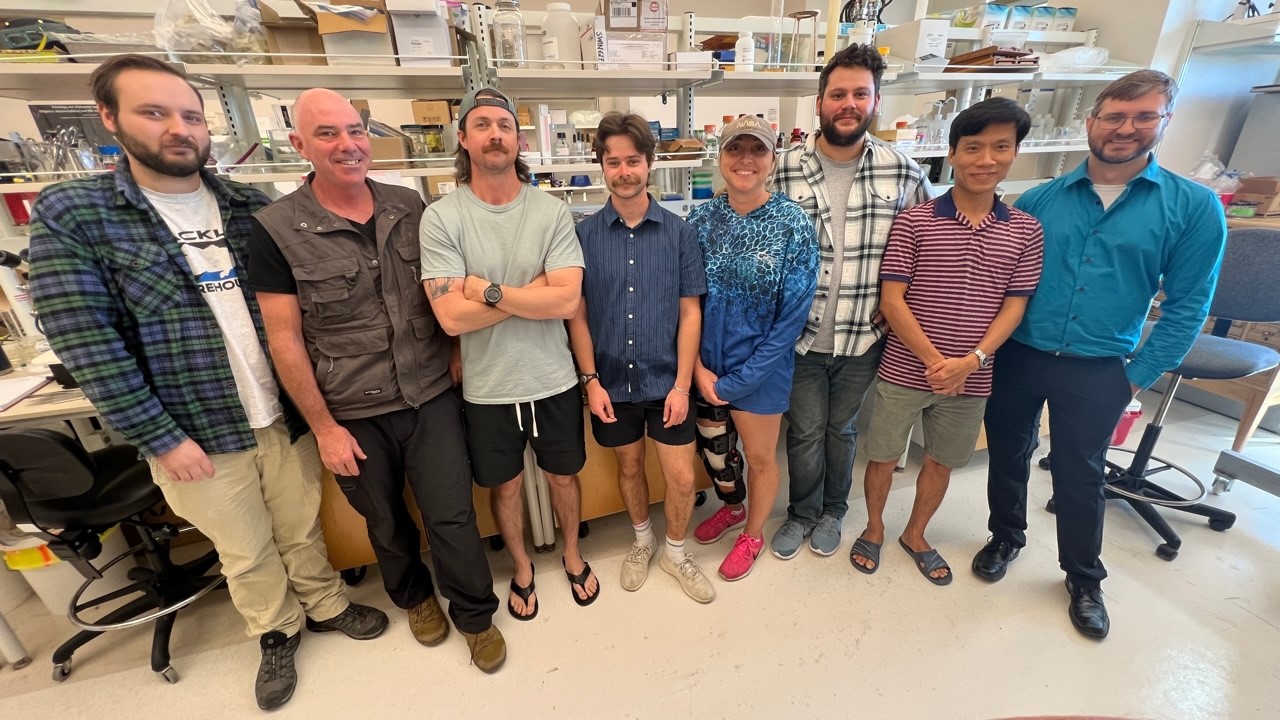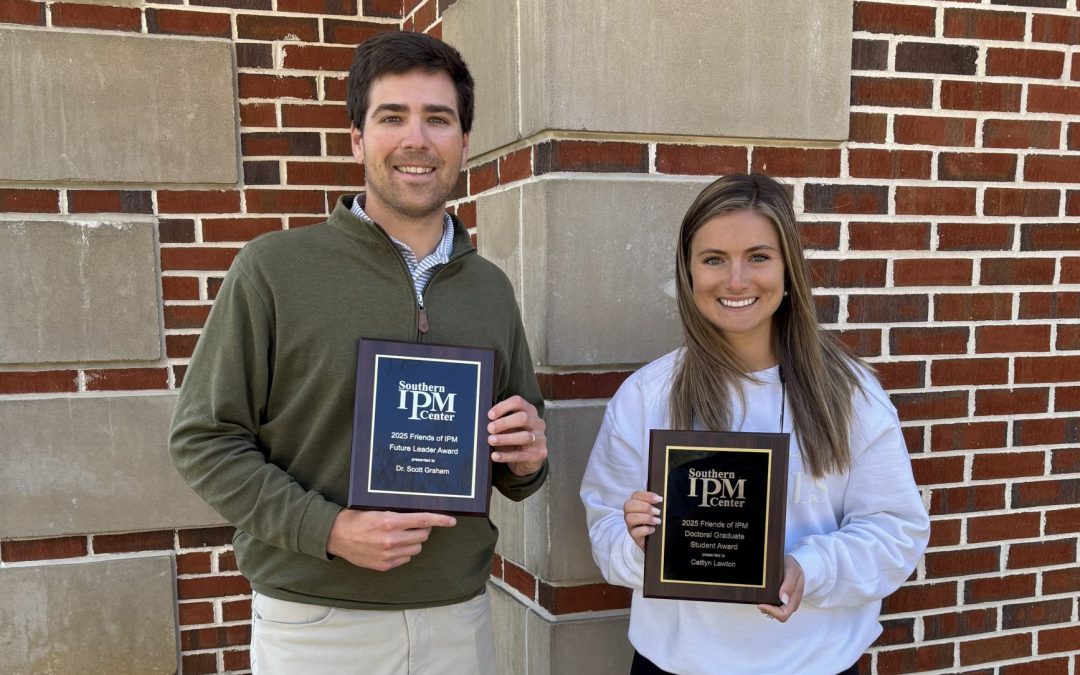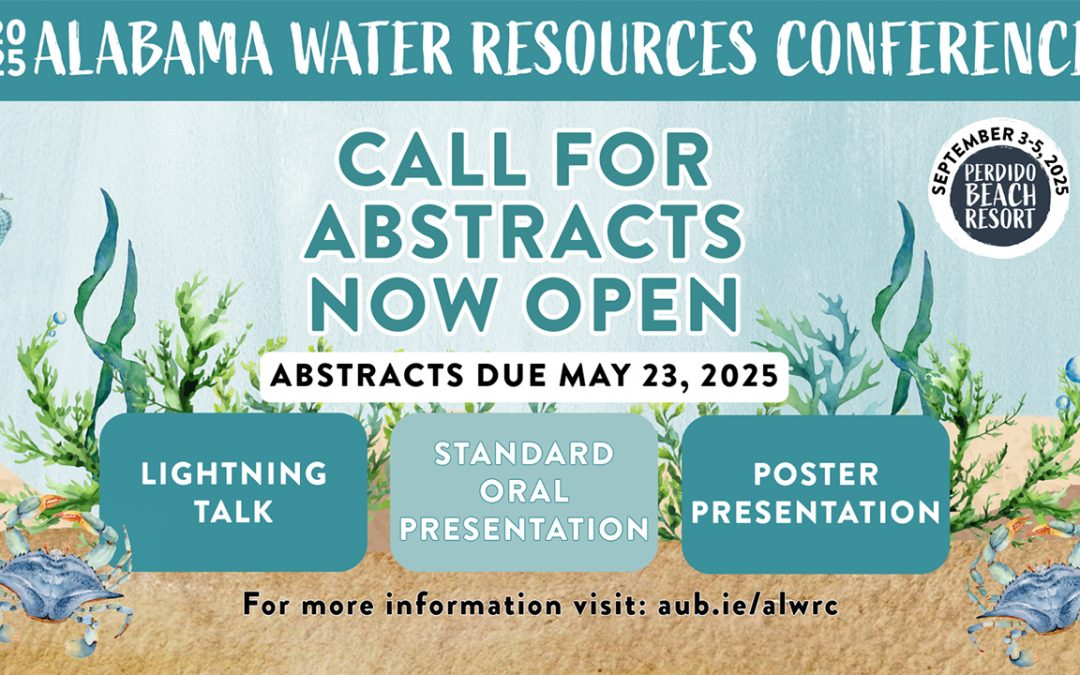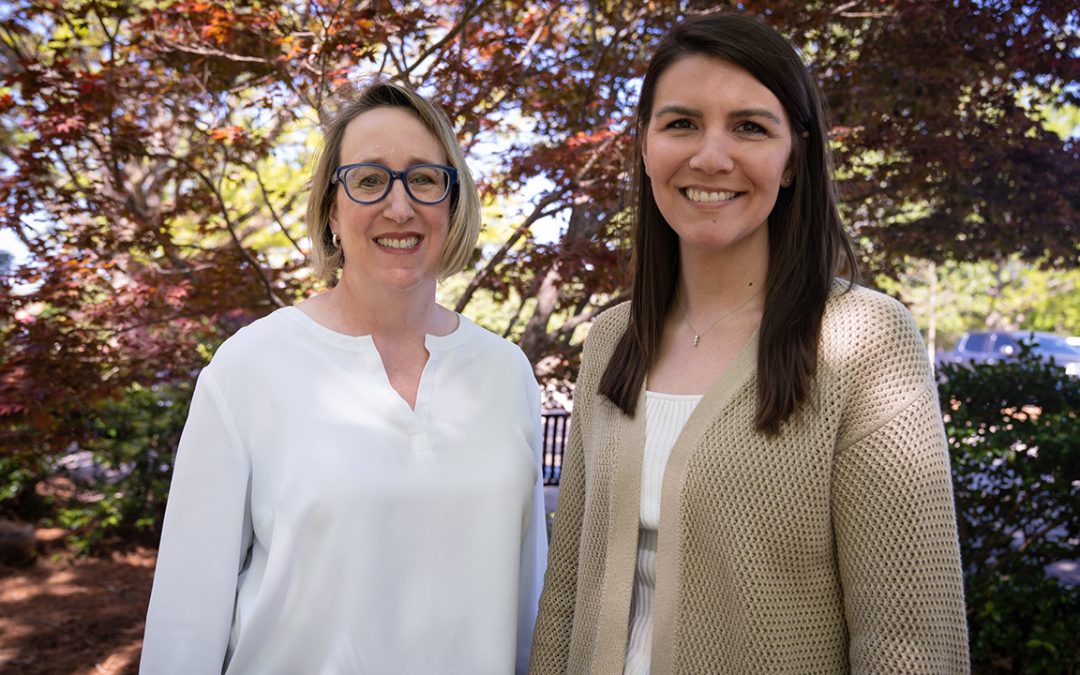The Southeastern Cooperative Fish Parasite and Disease Laboratory — a multistate fish disease diagnostics laboratory that is part of the College of Agriculture’s School of Fisheries, Aquaculture, and Aquatic Sciences — has recently joined with the U.S. Fish and Wildlife Service (USFWS) on a $5 million five-year project focused on fish disease diagnostics and aquatic pathogen surveillance in the Southeastern United States.
“The grant allows us to expand our partnerships and impact regionally and nationally. This new, long-term cooperation with the USFWS is a historic turning point for the Southeastern Cooperative Fish Parasite and Disease Laboratory here at Auburn,” said Ash Bullard, professor of parasitology and taxonomy and director of the laboratory.
The $5 million grant will be shared equally with the USFWS, said Bullard.
Bullard’s team routinely works with inland and marine natural resource agency personnel in Mississippi, Alabama, Georgia, South Carolina, North Carolina, Tennessee, West Virginia, Arkansas, Missouri, and Florida as well as non-profit conservation groups, large and small-scale fish producers, the National Marine Fisheries Service, National Sea Grant, and the United States Department of Agriculture.
The new partnership between Bullard’s lab and the USFWS focuses on developing new tools and approaches that will help natural resource managers and fish culturists diagnose, mitigate and better understand parasitic, viral and microbial pathogens that impact wild and cultured fish populations.
This work includes state and federal hatchery system biosecurity, surveillance of wild aquatic animal populations for new and emerging pathogens (including exotic invasive species and aquatic nuisance species), and in-service training for state and federal resource managers and hatchery personnel.
The Southeastern Cooperative Fish Parasite and Disease Laboratory was founded within the School of Fisheries, Aquaculture, and Aquatic Sciences in 1965 and is among the largest continuously-operated university-based fish disease diagnostics laboratories in the country.
Bullard’s lab comprises Steve Ksepka (doctoral student), Steve Curran (research assistant), Brett Warren (doctoral student), John Brule (master’s student), Haley Dutton (lead scientist and laboratory manager), Jake Shurba (doctoral student), Triet Nhat Truong (doctoral student), Justin Krol (doctoral student), and Kamila Cajiao Mora (incoming master’s student).





